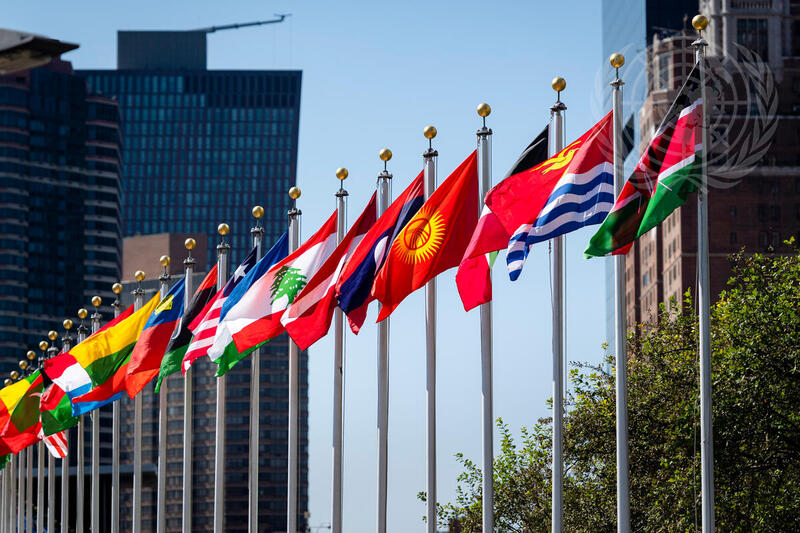The resolution, slated for confirmation at the General Assembly plenary in December, underscores the fundamental entitlement to life, liberty, and security for everyone while exposing the impact of impunity on perpetuating extrajudicial, summary, and arbitrary executions.
‘At a time when hateful rhetoric targeted especially at transgender individuals is on the rise, it is particularly important that States agree that extreme violence against all LGBTQ people has to be investigated and perpetrators brought to justice. While many parts of the world see a backlash against LGBTQ people, all countries must hold the line and stop the violence against our communities’, said Maria Sjödin, Outright International Executive Director.
In a welcome move, the resolution was passed at the General Assembly Third Committee with 130 votes in favor, 0 against and 53 abstentions with the words ‘sexual orientation and gender identity’ intact, but not before some States first brought an amendment to remove ‘sexual orientation and gender identity’, which was ultimately defeated by 78 votes against, with 47 votes in favor and 26 abstentions. This year, 42 countries did not vote on the amendment. This represented an increase of 14 countries that shifted from supporting or voting against to not voting on the amendment, as compared to 2022.
In opposing the ultimately failed attempt to remove ‘sexual orientation and gender identity’ from the text, governments from around the world spoke powerfully of the need to ensure that this reference to LGBTQ persons remained in the text. The full proceedings can be watched here.
Presented biannually by a group of Nordic States and led this year by Sweden, the resolution highlights the targeting of specific groups, including killings of persons belonging to national or ethnic, religious, and linguistic minorities, Indigenous communities, human rights defenders, lawyers, journalists, and demonstrators, as well as killings of persons due to their sexual orientation or gender identity. This year, the resolution also included important new language on strengthening investigations of femicides (the intentional killing of women and girls solely because of their gender).
‘All these groups face particular threats of extrajudicial, summary or arbitrary execution. Specifically, human rights defenders working to promote LGBTQ+ rights suffer multiple and intersecting threats because of who they are and what they do. The outcome of this vote shows that States’ accept the basic and inalienable principle that all human beings have dignity and rights,’ said ISHR Programme Director Tess McEvoy.
Due to stigma toward individuals rooted in gender stereotypes and rigid patriarchal systems of power, people of diverse sexual orientations and gender identities are specifically targeted for killings, as the Special Rapporteur on Extrajudicial, Summary, and Arbitrary Executions said this year in his 2024 report on the topic of the killings of LGBTI people.
ISHR and Outright International urge all member States to reject the idea that anyone can be killed with impunity simply because of their sexual orientation or gender identity. Every State should protect and respect the right to life of all people.
On 20 December 2024 the resolution was presented at the General Assembly Plenary. Once again, a vote was called, the outcome of which showed an increase in supporting votes with 137 votes in favor, 0 against and 47 abstentions. Following a reminder from the United Nations General Assembly Chair for States not to use the plenary to reiterate positions already made in committees, there was little additional discussion on the resolution.
Update: Check out the newly published briefing paper by Outright International in partnership with ISHR. It provides background information on the resolution, analyses voting trends, and highlights Member States that have changed their votes or co-sponsorship status since the resolution was last introduced in 2022. The paper also includes an annotated transcript of the Third Committee session in which the resolution was adopted, along with the full text of the resolution and its proposed amendment.




